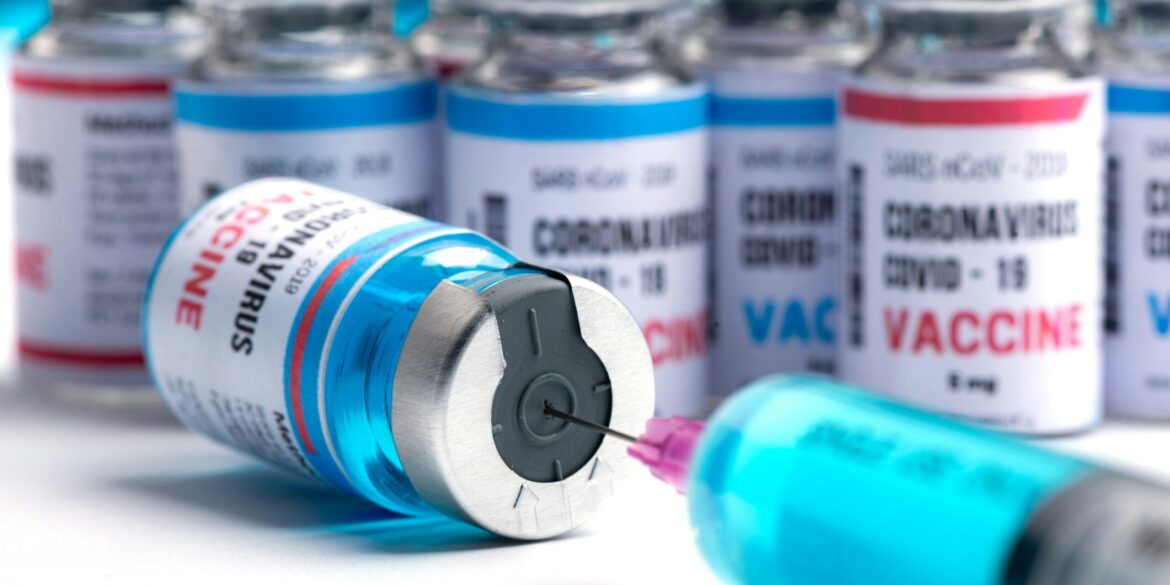In a development that has reverberated across the public health community, Dr. Panagiotakopoulos—a senior COVID-19 vaccine expert at the Centers for Disease Control and Prevention (CDC)—resigned on June 4, 2025, citing policy disagreements with recent directives issued by the Department of Health and Human Services (HHS). The move has sparked intense concern about the politicization of vaccine policy and the potential erosion of scientific integrity in national health decision-making.
Policy Changes Spark Internal Dissent
Dr. Panagiotakopoulos’s resignation follows a controversial decision by HHS Secretary Robert F. Kennedy Jr. to unilaterally revise CDC guidance related to COVID-19 vaccination without seeking broad consensus from scientific advisors or key committees. The changes reportedly involved restricting public access to some CDC vaccine recommendations and altering the presentation of data on vaccine efficacy and safety—modifications that diverged from the CDC’s standard review protocols.
In her resignation letter, which has since circulated among senior officials and public health advocates, Dr. Panagiotakopoulos expressed concern that the administration’s actions undermined the role of evidence-based medicine in public health. “It is with deep regret that I leave a post I have held with pride and dedication,” she wrote, “but I cannot support decisions that sideline science in favor of political expediency.”
Health Experts Warn of Repercussions
Public health organizations and former CDC officials have voiced alarm in response to the resignation. Many see it as a troubling sign of growing tension between career scientists and political appointees—a dynamic that became especially fraught during earlier phases of the COVID-19 pandemic.
Dr. Tom Frieden, former CDC Director, stated in a public interview, “Losing a scientist of Dr. Panagiotakopoulos’s caliber due to political interference should be a red flag for all Americans. Trust in public health guidance depends on transparency and scientific rigor.”
The Advisory Committee on Immunization Practices (ACIP), which typically plays a central role in formulating vaccine policy, is expected to address these developments at its upcoming June meeting. Analysts anticipate robust debate over how recent policy shifts could affect public adherence to vaccination campaigns, particularly as health agencies prepare for the fall respiratory virus season.
Political Tensions Under Kennedy’s Leadership
Secretary Robert F. Kennedy Jr., a controversial figure due to his history of vaccine skepticism, was appointed as HHS Secretary earlier this year in a highly scrutinized bipartisan compromise. While he has since publicly stated that he supports “informed consent and individual liberty” in health matters, critics argue that his interventions risk politicizing health policy and diminishing trust in federal health agencies.
Kennedy’s move to alter CDC guidance without the usual vetting has been described by observers as a break from decades of precedent. Public health advocates warn that bypassing expert panels not only sets a dangerous standard but also opens the door to misinformation and public confusion.
Implications for Vaccine Confidence
The resignation comes at a time when U.S. health officials are trying to rebuild public confidence in vaccines amid slowing uptake of COVID-19 booster doses and rising skepticism about governmental health directives. With new variants circulating globally and preparations underway for a potential fall immunization campaign, the loss of experienced leadership within the CDC raises concerns about the agency’s capacity to effectively coordinate response strategies.
Dr. Céline Gounder, an infectious disease specialist and policy advisor, remarked, “We’re entering a crucial period for immunization efforts. Losing a respected voice from the CDC weakens the system at a time when we need it most.”
Looking Ahead
The CDC has not yet announced a replacement for Dr. Panagiotakopoulos. Meanwhile, members of Congress are demanding hearings to examine the impact of the policy changes and the broader implications for the CDC’s autonomy. Calls for reaffirming scientific independence within federal health agencies are intensifying, as stakeholders across the political spectrum seek to prevent further erosion of institutional credibility.
The coming weeks may prove pivotal for the future of vaccine policy in the United States, as public health leaders, lawmakers, and citizens await clearer answers on how science will be integrated into policy under the current administration.

